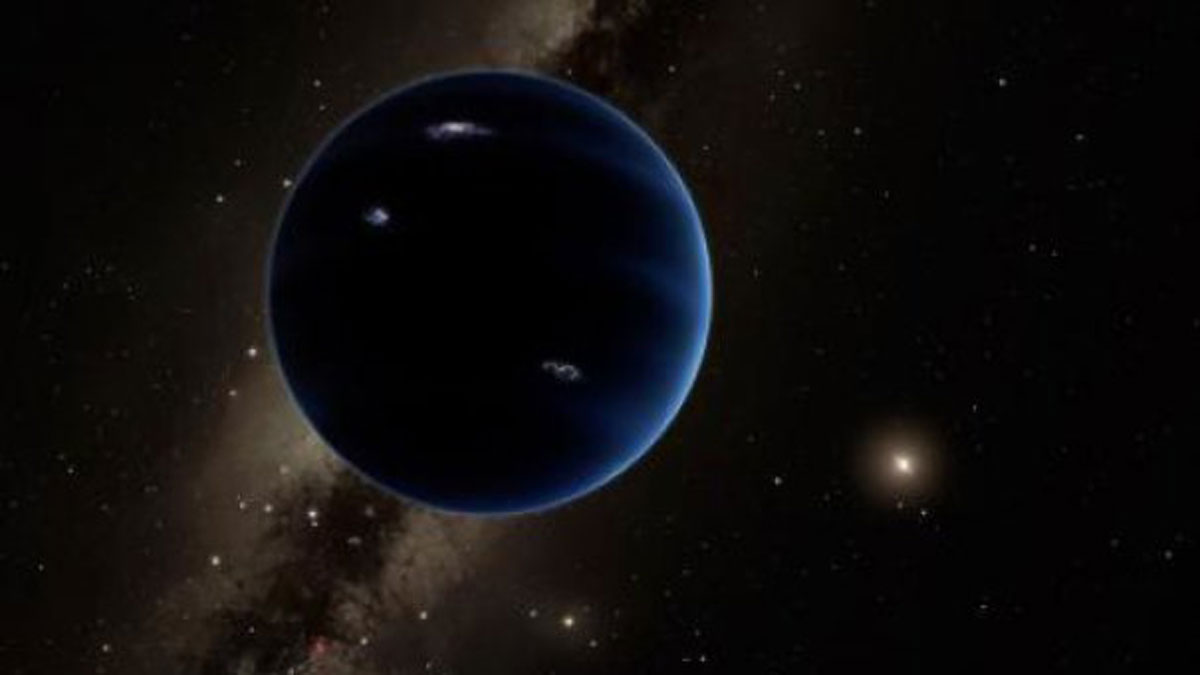Planet Nine: 'vast' body detected on the edge of the solar system
Astronomers detect a massive 'new' planet far beyond Neptune's orbit

A free daily email with the biggest news stories of the day – and the best features from TheWeek.com
You are now subscribed
Your newsletter sign-up was successful
Two astronomers have published evidence that our solar system contains a ninth planet. Nicknamed Planet Nine, it orbits the Sun far beyond the dwarf world Pluto, which was recently stripped of its planetary status.
According to their paper, published in the Astronomical Journal, the icy world is believed to be up to four times as large and ten times as massive as Earth – almost the size of Neptune.
While the planet is yet to be directly observed, Konstantin Batygin and Mike Brown from the California Institute of Technology deduced its existence from the movement of other objects in the solar system.
The Week
Escape your echo chamber. Get the facts behind the news, plus analysis from multiple perspectives.

Sign up for The Week's Free Newsletters
From our morning news briefing to a weekly Good News Newsletter, get the best of The Week delivered directly to your inbox.
From our morning news briefing to a weekly Good News Newsletter, get the best of The Week delivered directly to your inbox.
"We saw a strange signal in the data that meant something odd was going on in the outer solar system," Mike Brown told The Guardian. "All of these distant objects were lined up in a weird way and that shouldn't happen. We worked through the mundane explanations, but none of them worked out."
What caught their attention was a "peculiar clustering of six previously known objects that orbit beyond Neptune", says Science Magazine. The astronomers say that there is a "0.007 per cent chance, or about one in 15,000, that the clustering could be a coincidence", claiming the more likely explanation is that "a planet with the mass of ten Earths has shepherded the six objects into their strange elliptical orbits, tilted out of the plane of the solar system."
Batygin and Brown hope that by publishing their theory they will encourage other teams to look for the planet. "There are many telescopes on the Earth that actually have a chance of being able to find it," Brown said.
Their calculations suggest that it orbits the Sun once every 10,000 to 20,000 years, at a distance of up to 100 billion miles.
A free daily email with the biggest news stories of the day – and the best features from TheWeek.com
The paper has been peer-reviewed by Alessandro Morbidelli, a planetary dynamicist at the Nice Observatory in France, who said in a statement that the pair made a "very solid argument" and that he is "quite convinced by the existence of a distant planet".